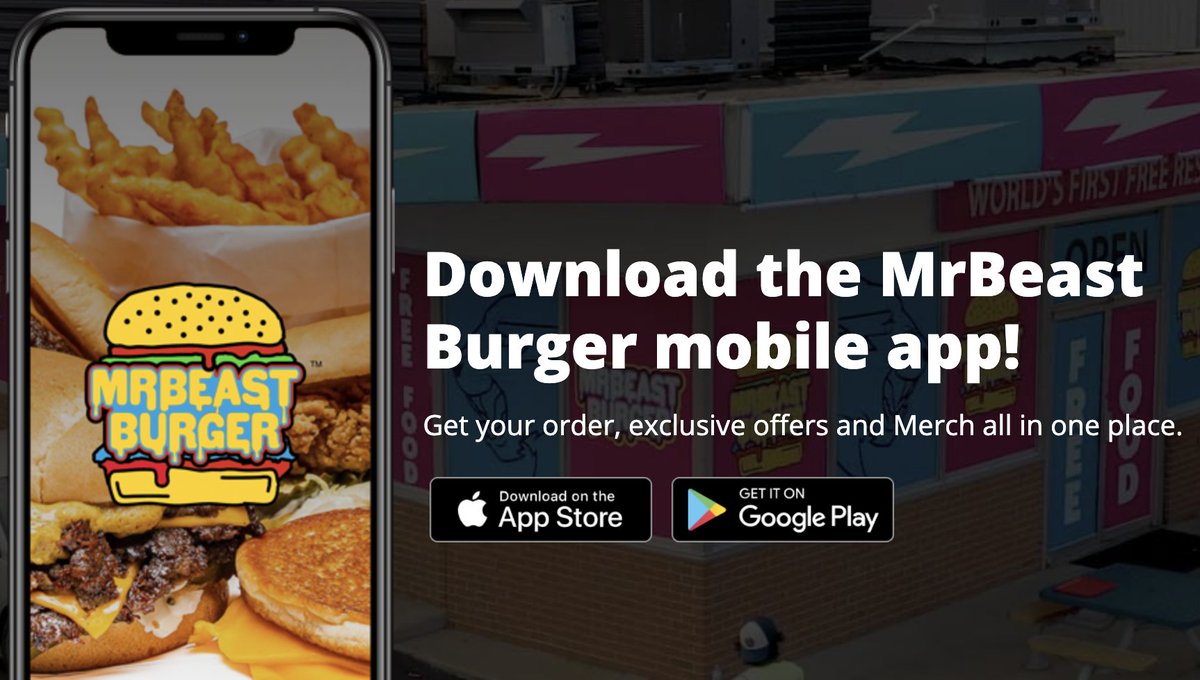
Hmm... something interesting I learned from my buddy @RomeenSheth about McKinsey.
I thought they are just a stale boring consulting co
But he told me they've acquired a ton of software co's & now have a $100M ARR tech portfolio now (!)
I'll let him explain - guest thread!
I thought they are just a stale boring consulting co
But he told me they've acquired a ton of software co's & now have a $100M ARR tech portfolio now (!)
I'll let him explain - guest thread!
If you don’t know, McKinsey is a gigantic consulting company:
- $10B+ in revenue
- 80%+ of the F500 as clients
- Hard to get a job there. (<1% of applicants get hired)
- $10B+ in revenue
- 80%+ of the F500 as clients
- Hard to get a job there. (<1% of applicants get hired)
Their bread and butter (70% of revenue) used to be “pure strategy” work. That’s now down to just 10% - why?
Clients are demanding “value based” billing. Meaning less "guys in suits talking" and more "show me something tangible"
Clients are demanding “value based” billing. Meaning less "guys in suits talking" and more "show me something tangible"
For example -lets say a client hires McKinsey because they think they are spending too much money on procurement.
So McKinsey acquired Orpheus - a software co that does analytics for procurement.
Instead of advice, they give them a tool (a real solution)
So McKinsey acquired Orpheus - a software co that does analytics for procurement.
Instead of advice, they give them a tool (a real solution)
Now Orpheus has been around for 15 years. McKinsey can buy it at a fair price, knowing that it can inject steroids into the business.
Why?
Why?
McKinsey has what most software companies don’t:
DISTRIBUTION: 80% of the Fortune 500 already works with them, and their brand is known by every CEO in america.
PRICING POWER: they can bundle the software in with a much larger consulting contract.
DISTRIBUTION: 80% of the Fortune 500 already works with them, and their brand is known by every CEO in america.
PRICING POWER: they can bundle the software in with a much larger consulting contract.
Over the last 5 years, McK acquired 10+ companies and created McKinsey Solutions - the business unit that’s going to drive $100M+ ARR.
McKinsey has a really specific acquisition type, either VERTICAL or HORIZONTAL.
Vertical: Solves for a problem widely observed in an industry (eg. Pharmaceutical Co.)
Horizontal: Solves for a problem for a division that all companies have (eg. HR)
Vertical: Solves for a problem widely observed in an industry (eg. Pharmaceutical Co.)
Horizontal: Solves for a problem for a division that all companies have (eg. HR)
The unfair advantage they have is that McKinsey PRINTS money.
Billions in revenue, and consulting margins are 70%+
They can take that cash and re-invest it into tech, that makes them even more valuable.
Billions in revenue, and consulting margins are 70%+
They can take that cash and re-invest it into tech, that makes them even more valuable.
The software play is a gamechanger for McKinsey.
It wouldn’t surprise me if McKinsey builds a $25B+ software portfolio over the next 10 years. There’s a very quiet (but massive) business model transformation playing out
Shoutout to @RomeenSheth for the insights. Follow him!
It wouldn’t surprise me if McKinsey builds a $25B+ software portfolio over the next 10 years. There’s a very quiet (but massive) business model transformation playing out
Shoutout to @RomeenSheth for the insights. Follow him!
Some interesting names they’ve acquired:
Orpheus
Numetrics
Veryday
Lixto
QuantumBlack
4Tree
Lunar
VLT Labs
via @MBentivoglio
Orpheus
Numetrics
Veryday
Lixto
QuantumBlack
4Tree
Lunar
VLT Labs
via @MBentivoglio
• • •
Missing some Tweet in this thread? You can try to
force a refresh





